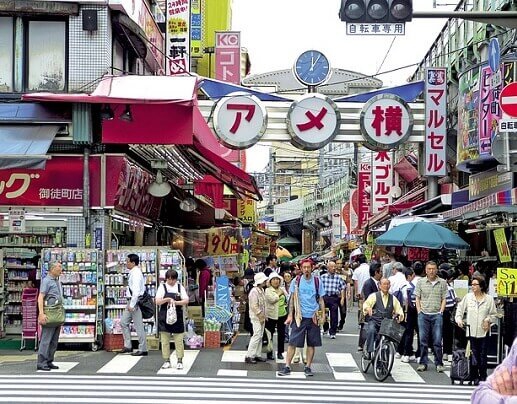Human Longevity Exemplified By Okinawans May Have Peaked Says Expert
Do humans ever consider the possibility of living for as long as science and technology will allow? The likelihood is that some individuals habour these thoughts. These individuals hoping to emulate the Okinawans will however be surprised at recent research results that delved into human mortality statistics from 40 different countries. What the researchers found may not be just be counterintuitive.

Craving to live as long or even longer than the Japanese Okinawans? A shocking finding may come as a surprise. Everyone craves to live not just longer but healthily too whilst at it. But recent research suggests the ceiling for longevity may have been reached and unlikely to be breached even in the coming decades.
Recent research may leave individuals hoping to survive until the ripe old age of 150 years with a huge trail of disappointment.
Researchers have been dissecting huge amounts of data for some time now. The conclusion is that humans are unlikely to breach an ageing ceiling of 122 years which is the world record currently held by Jeanne Calment who hailed from France. Jeanne Calment died in 1997.
Folks will continue to live long just like the Okinawans of Japan who have more centenarians per capita than any other subset of a population. However, it is unlikely that modern folks from any nation will exceed those lofty chronological heights set by Jeanne Calment.
The people of Okinawa in southern Japan are known for their longevity thanks to their specific diet rich in anti-oxidants and low calorific constitution. Researchers have tried to uncover the Okinawa longevity secret with varying success, some of it speculative.
On the average the researchers did note that average life expectancy did increase immensely in a linear fashion in the 20th century having analysed enormous Human Mortality statistics from over 40 countries.
All of this longevity is due unsurprisingly to improvement in health care, improvement in diet and awareness towards a healthier lifestyle. For instance, awareness of what causes type 2 diabetes to develop encourages a healthier lifestyle in Western nations.
Author of the research, Jan Vijg, Head of Genetics at the Albert Einstein College of Medicine in New York City does not think maximum life expectancy barrier set by Jeanne Calment can be broken in future even though overall life expectancy will be enhanced by medical science and technology. This is in contrast to what some demographers and biologists believe.
Vijg was quoted as saying "While it's conceivable that therapeutic breakthroughs might extend human longevity beyond the limits we've calculated, such advances would need to overwhelm the many genetic variants that appear to collectively determine the human life span"
Vijg advice was "Perhaps resources now being spent to increase life span should instead go to lengthening 'health span' -- the duration of old age spent in good health"
More information regarding how Japanese Okinawans attain their enviable longevity is available at http://thedrjoe.com/wellness/okinawa-longevity-sec...

